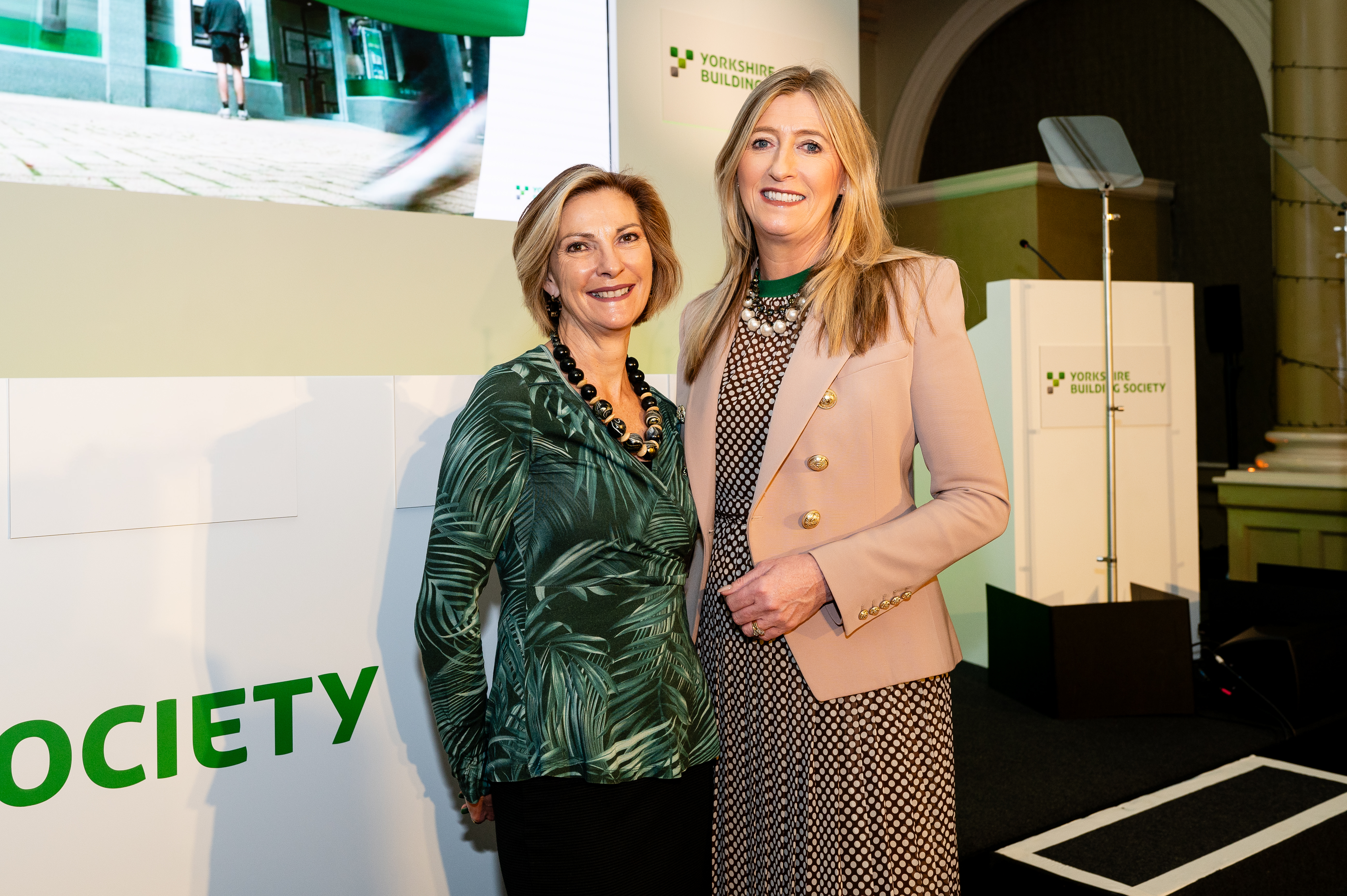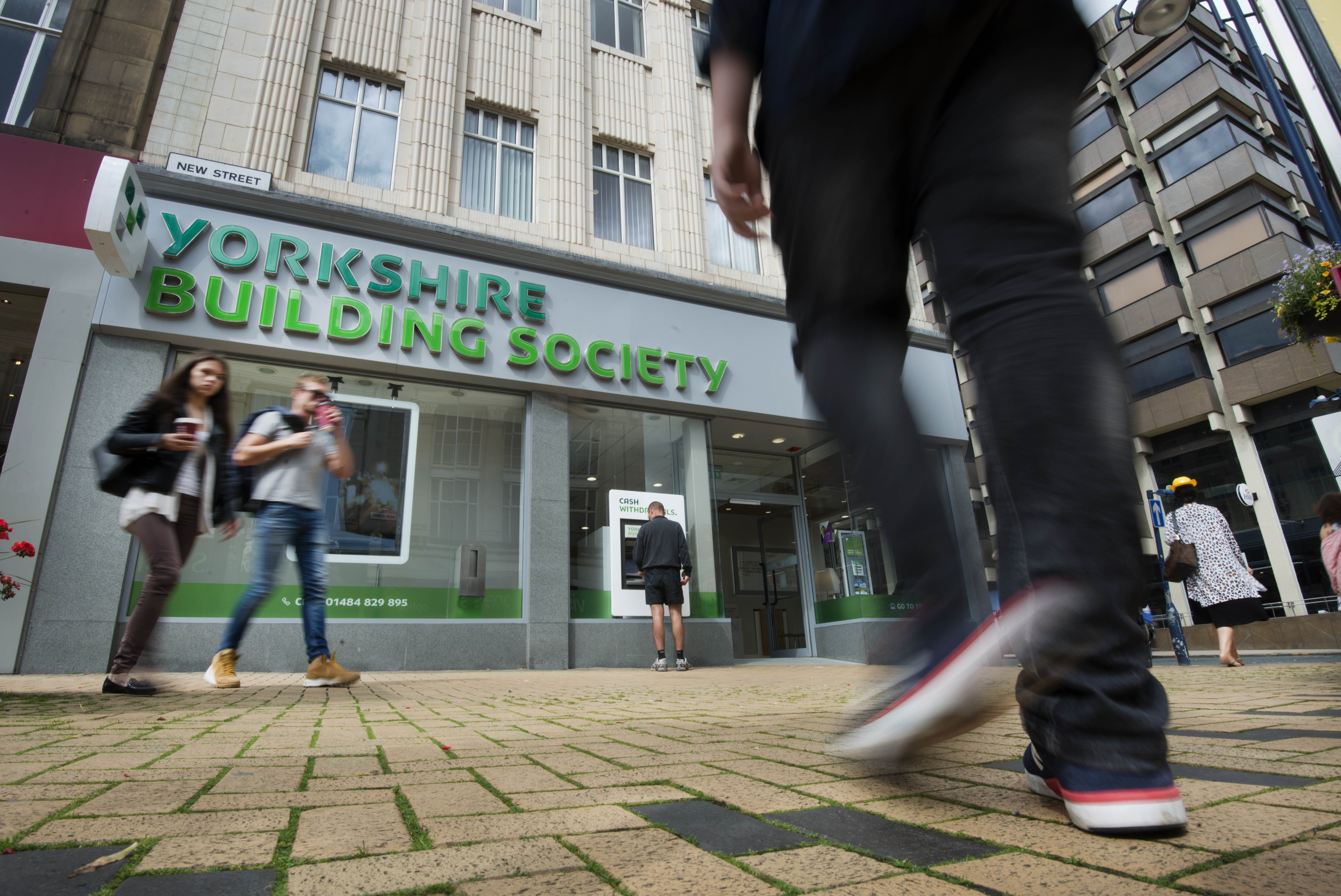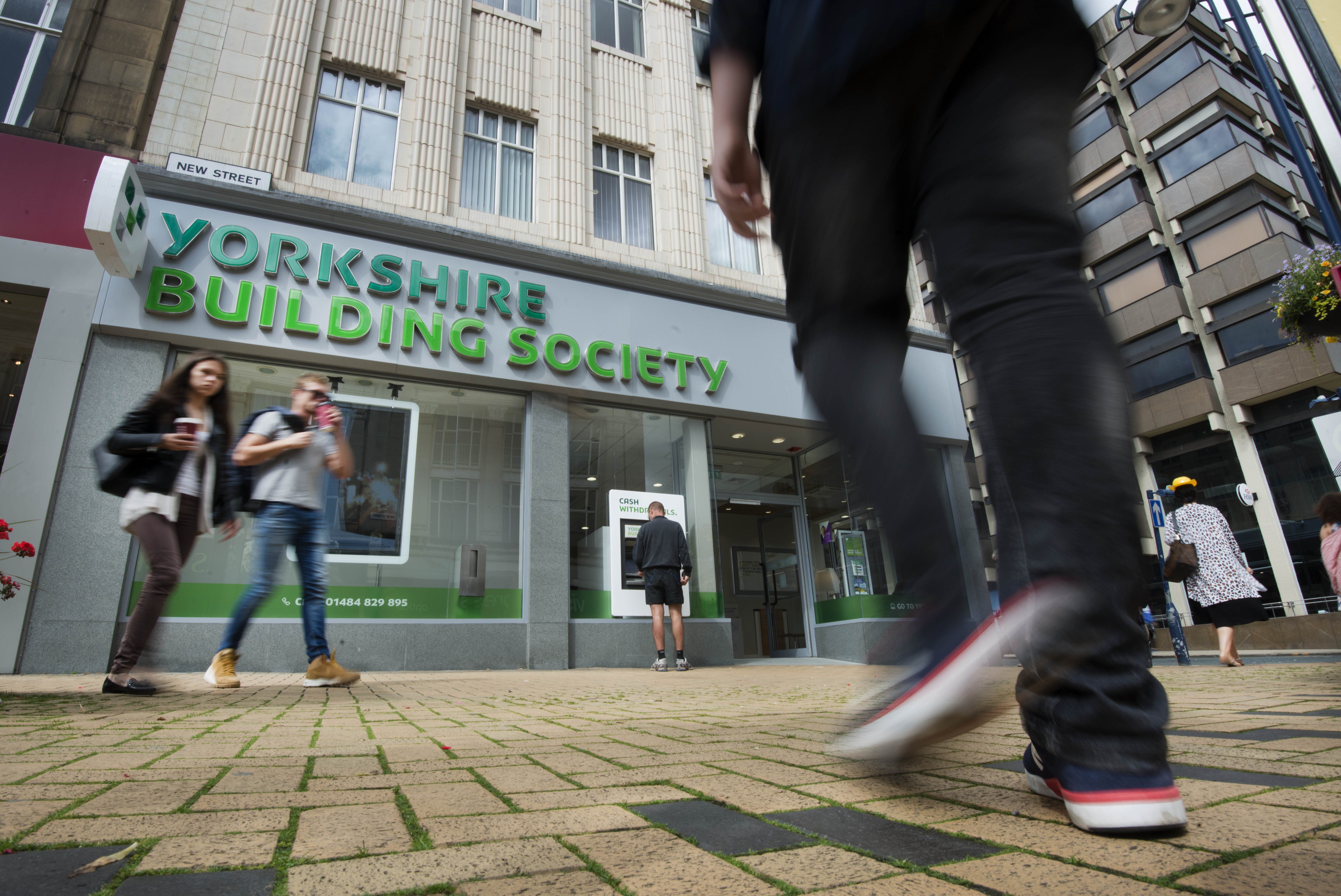Single parents' finances hit hardest by the pandemic ahead of a difficult winter | YBS
Single parents' finances hit hardest by the pandemic ahead of a difficult winter
- A quarter of single parent households have seen monthly savings tumble in the pandemic
- Almost a fifth (17%) of single parents admit to not having any savings
- Cut in universal credit set to harm most vulnerable even further
Single parents’ finances have been hit the hardest by the pandemic, and are the most vulnerable to the impacts of a financial shock, according to Yorkshire Building Society’s The Nation’s Nest Egg report. The report shows that single parent households were the only household composition to experience a fall in savings in 2020, with a quarter (24%) stating that their savings levels had decreased. Compounding this, an additional 17% stated that they had no savings before or after the pandemic.
The report, which was conducted in partnership with the Centre for Economics and Business Research (Cebr), seeks to analyse consumers’ financial resilience, defined as their ability to withstand financial shocks, and how that impacts their behaviour. The report’s findings reveal that single parents’ monthly average savings fell from £520 in 2018 to just £400 in 2020.
By contrast, households that compromised of two or more adults were most likely to increase their savings pot throughout the pandemic, with monthly savings increasing to £1,530. Similarly, families – which comprised of two adults and one or more children for the purpose of this study - managed to save £1,500 on average, and single adults £1,010.
To make matters worse, those hit hardest by the effects of pandemic are set to experience further shocks to their financial resilience. The government’s universal credit uplift scheme, introduced at the beginning of the pandemic to support those in financial need ended on 6th October, leaving claimants £1,040 worse off per year.
Tina Hughes, director of savings at Yorkshire Building Society, said:
Whilst many people have managed to put away extra savings throughout the pandemic, this latest research clearly shows that different pockets of society have been more impacted than others over the last 18 months. The fact that single parents have seen their ability to save fall over the last two years means they could be hit hard in the event of a financial shock, such as an unexpected bill.
For some of those that have struggled during the pandemic and are now confronted by a cut to universal credit, a record breaking jump in inflation in August and rising energy and food prices, the picture this winter is bleak.
As a society, we are committed to helping support those who may be in financial difficulty, and this year partnered with Citizens Advice to launch an innovative pilot to ensure that we can get financial advice to some of those who need it most. We understand the strain that money worries can have on people’s wellbeing, and so we want to help alleviate this strain for as many people as possible.
As part of Yorkshire Building Society’s commitment to helping people build their financial resilience, the Society fund Citizens Advice advisers to hold free, confidential appointments at least one day a week across the six Yorkshire locations.
The appointments are open to everyone in the community not only Yorkshire Building Society customers. The Citizens Advice advisers will offer independent advice in private meeting rooms to assist people with a wide range of issues, including financial wellbeing.
If you or anyone you know is struggling financially, help can be sought at Citizens Advice. Practical advice for those unable to pay bills or struggling with debt can be found at www.citizensadvice.org.uk or over the phone on 0800 144 8848.
Additionally, Yorkshire Building Society has a range of support tools available to help people build their financial resilience and take practical steps to saving more. To find out more or to read the full Nation’s Nest Egg report, please visit the Society’s Money MOT hub.
All information correct at time of publication.
W49-21







